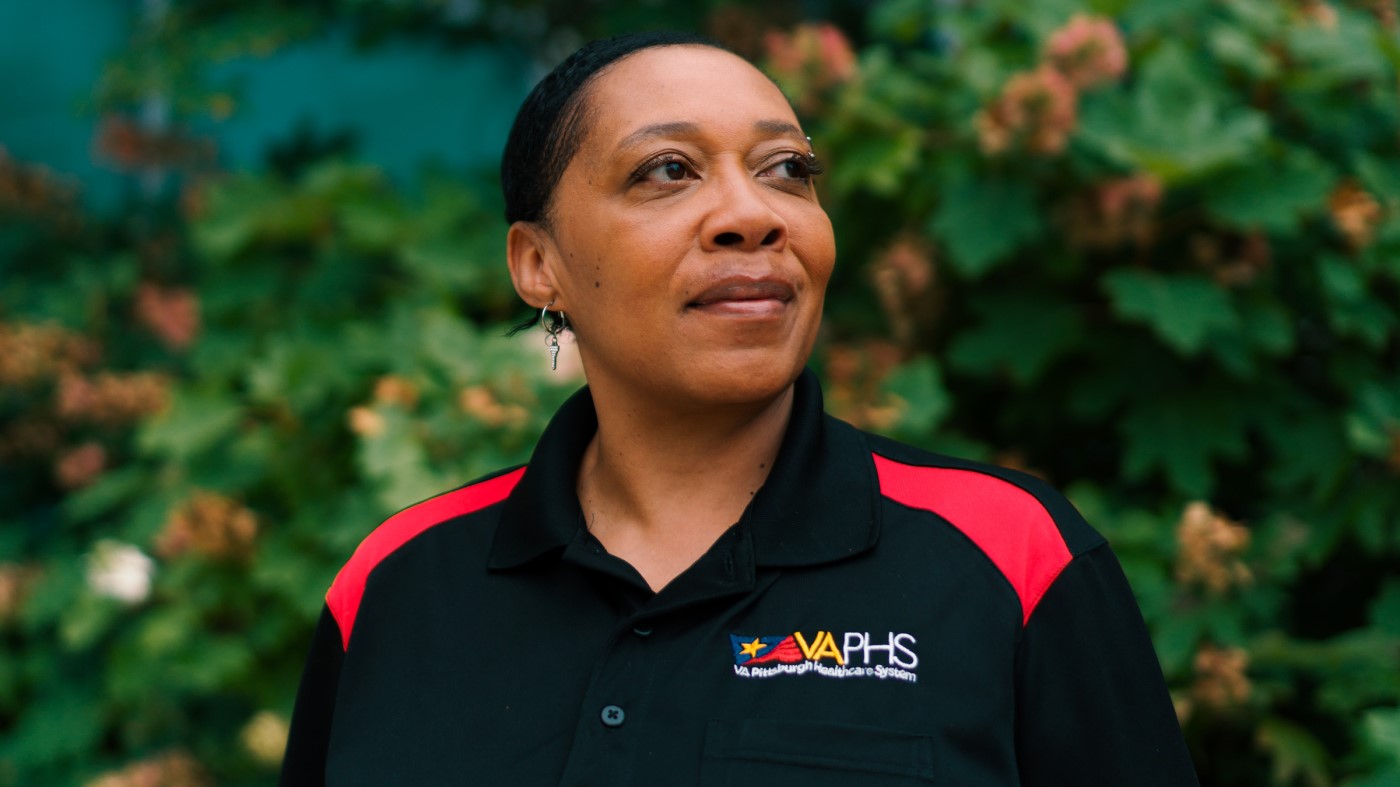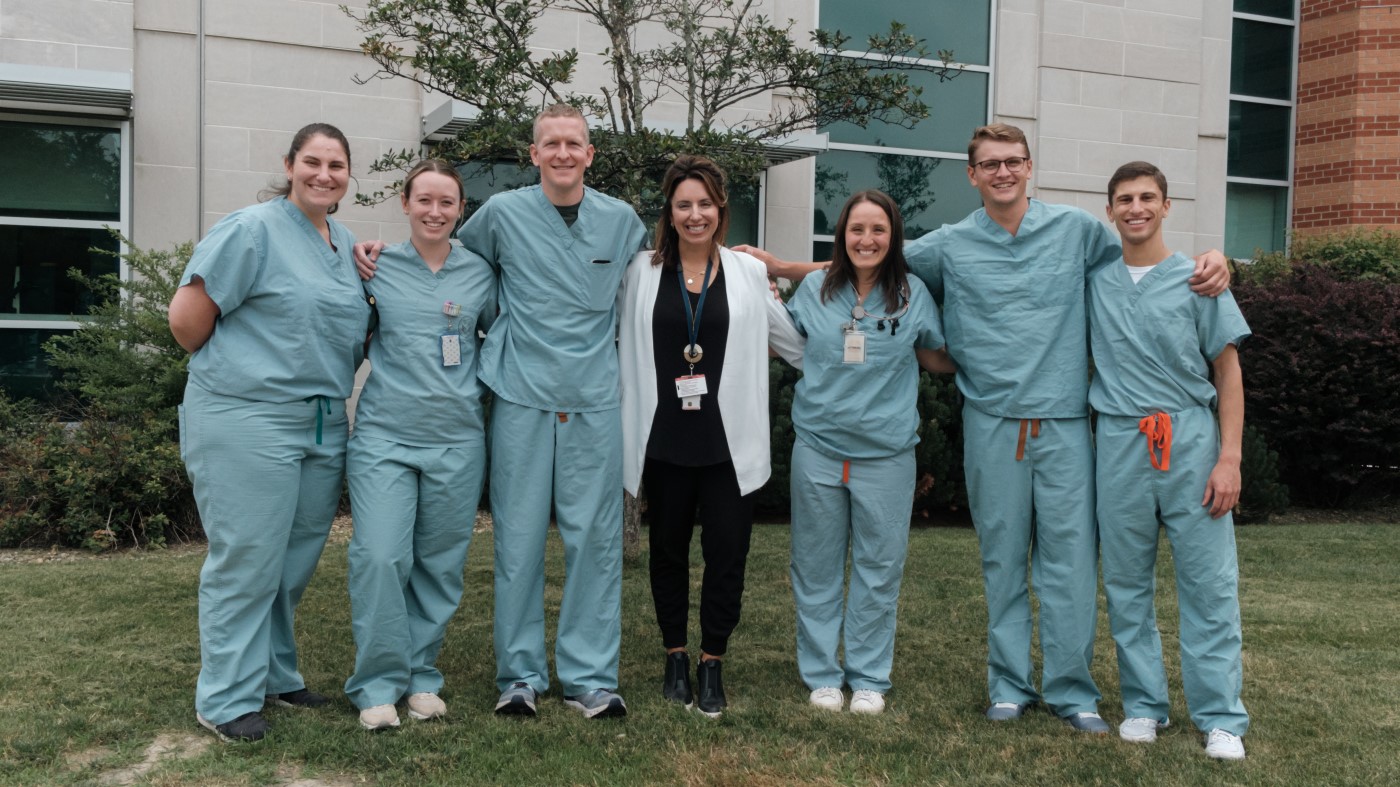No one who has served our country should ever go without a safe, stable place to call home and as such, VA has set the bold goal to end Veteran homelessness by the end of 2015. With this ambition in mind, the entire department has put its energy and resources into ending Veteran homelessness. VA’s programs provide individualized, comprehensive care to Veterans who are homeless or at risk of becoming homeless.
The Department of Housing and Urban Development – VA Supportive Housing (HUD-VASH) is a collaborative partnership between the Department of Veterans Affairs (VA) and the Department of Housing and Urban Development (HUD). Eligible homeless Veterans receive a Housing Choice rental voucher from HUD, paired with VA providing case management and supportive services to sustain housing stability and recovery from physical and mental health problems, substance use disorders, and functional concerns contributing or resulting from homelessness. HUD-VASH subscribes to the principles of “Housing First.” This is a model of care that has demonstrated rapidly moving individuals into housing, and then wrapping supportive services around them as needed, helps homeless individuals exit from homelessness, remain stable in housing, and thus improves ability and motivation to engage in treatment strategies.
The primary goal of this joint program is to serve the neediest, most vulnerable homeless Veterans and their immediate families by moving them out of homelessness. A key component of the program is VA’s case management services, which are designed to improve the Veteran’s physical and mental health and enhance his or her ability to live in safe and affordable permanent supportive housing.
Every Veteran enrolled in HUD-VASH is assigned to a case management team and is offered services they need to recover, including referrals to VA primary care and mental health or substance use treatment, among many others. This interdisciplinary care team, made up of clinicians and other professionals who each have a unique relationship with and view of the Veteran, can have a profound impact on the Veteran’s successful recovery. For example, a peer support specialist often learns different information about the life and troubles of a Veteran in his care than a psychiatrist might hear in a clinical setting. Each perspective contributes to a more holistic view of the Veteran’s world, meaning that treatment can be more proactive, personalized and patient-driven and ultimately more successful in the long-term.
This structure means that it is critical for VA to hire and train qualified professionals who are committed to helping our Nation’s Veterans. If you are interested in a career serving our homeless Veterans, and contributing to the mission of ending Veteran homelessness, you can explore open positions today on VAcareers.va.gov.
Topics in this story
More Stories
Whether it’s access to the great outdoors or a calmer pace in your everyday life, you can find it in rural VA communities around the country.
If you’re looking for an opportunity to provide care to Veterans outside a traditional clinical setting, Home Based Primary Care (HBPC) is a great option.
A key part of your job search is finding the right fit for you and your skills, and workplace culture can impact that dramatically.






